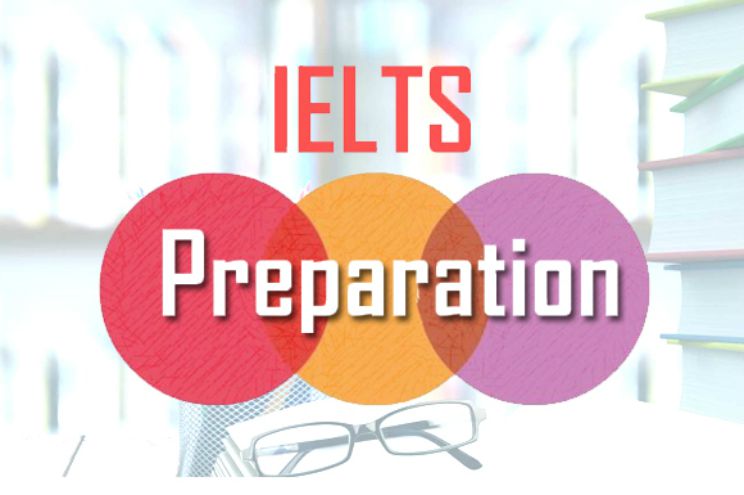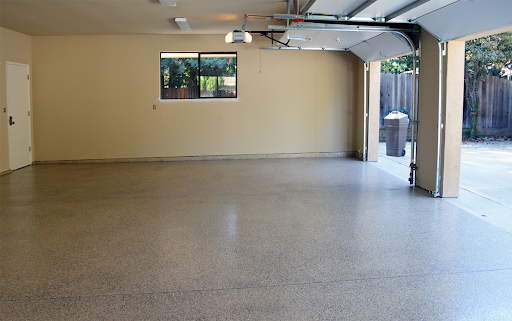Many students from rural areas dream of going abroad to study or work. To achieve this goal, they must clear the IELTS exam. It tests English skills like listening, reading, writing, and speaking. But in many villages, good coaching centres are hard to find. This makes it difficult for students to prepare.
Thankfully, online IELTS coaching has made things easier. With a mobile phone and the internet, students can now study from home. There are videos, apps, and websites that teach everything needed for IELTS.
So, in this article, we will explore how students from rural areas can use online tools to prepare for IELTS and succeed.
The Rural Reality
Preparing for IELTS in a city feels easier with fast internet and fluent-speaking friends. Printed resources are in every bookstore. Trainers are on every street.
Rural life, in contrast, demands extra resilience. Conversations are carried out in local dialects. Motivation can fade without peers to compete with. For those students, online IELTS coaching will prove to be vastly effective.
The Digital Dawn
Enter the world of online learning. With a mobile phone and an internet connection, even the most remote learner can access oceans of knowledge. Every skill required for IELTS—listening, reading, writing, speaking—can be mastered virtually.
Apps like Duolingo, Magoosh, and IELTS Prep provide bite-sized lessons. Websites offer sample essays. Tutors appear on Zoom, delivering live guidance. YouTube brims with band 9 sample responses. Podcasts train your ears for accents—British, Australian, Canadian.
Listening Like a Hawk
The IELTS Listening test demands sharp focus. It runs for around 30 minutes. You listen once and catch numbers, names, tones, and intentions—all in one go. No replays or second chances.
To master this skill, rural learners can build a daily habit.
Begin with podcasts. Choose ones with clear English. “The English We Speak” by BBC Learning English is a gem, and so is “6-Minute English.” These are short, sweet, and useful. Play them while doing chores. Let English flow through your day like background music.
Gradually shift to practice tests. Websites like the British Council offer free resources.
Reading with Purpose
IELTS Reading is not like reading a storybook. It is a race against time. You must skim and scan. You must find answers hidden like needles in a haystack.
Online learning helps here, too, by providing past papers. Use them daily with a timer. Solve with purpose. Download reading comprehension apps like “ReadTheory” or “CommonLit.” These tools improve your speed and increase your comfort with complex texts.
Plus, you can choose articles from The Guardian or National Geographic. Read them aloud and highlight unfamiliar words. Learn their meanings. Use them in your writing. Own them.
Writing with Precision
Writing is where many stumble, especially those who have never written a formal essay.
Two tasks:
- One asks you to describe a graph, chart, or diagram.
- The other requires your opinion on a topic.
Online platforms can transform your writing.
- Grammarly can catch grammar flaws.
- Quillbot can rephrase.
- Wordtune can suggest better style.
But don’t lean too much on them. They are tools, not replacements.
You can also join Facebook groups or Reddit forums for IELTS writing. Post your essays. Ask for reviews. Watch how others write. Learn from their strengths and build your own voice.
Speaking with Confidence
The IELTS Speaking test feels like a conversation. But nerves can ruin even the best-prepared answer. Rural students often lack speaking partners. So, speak to yourself. It works.
- Stand in front of a mirror and pretend it is the examiner.
- Pick a random question.
- Answer it in full sentences.
- Express. Correct yourself.
- Record your answers on your phone.
- Listen later and spot hesitations.
- Fix pronunciation.
Use free apps like “IELTS Speaking Assistant.” They suggest topic ideas and sample answers.
Find language partners online. Apps like Speaky, HelloTalk, or Tandem connect you with native speakers. Practice 10 minutes a day and fluency builds.
Creating a Study Routine
Success in IELTS does not come from studying once a week. It needs rhythm, routine, and ritual. Make a weekly plan. Dedicate two hours daily. Break it into chunks. One hour for listening and reading. One hour for writing and speaking.
Stick notes on your wall to stay consistent. That consistency turns effort into excellence.
Managing Resources on a Budget
Money often limits rural dreams, but many online resources are free.
- Use public Wi-Fi, if available.
- Borrow a friend’s hotspot.
- Visit nearby schools for help.
- Even basic smartphones can access websites and video tutorials.
Libraries may not carry IELTS guides, but PDFs float across Telegram groups. Teachers share tips on Instagram reels. Education is no longer locked inside a classroom. It floats, waits, and reaches anywhere.
Staying Motivated
There will be days when you want to give up. Days when the internet dies or when self-doubt grows louder than ambition. On such days, look back. Remember why you started. Picture your future. Think of your goal—a visa, a university, a job, a better life. Let that fire push you forward.
Final Thoughts
You do not need city lights or foreign accents to pass the IELTS. You just need effort, strategy, and resilience.
With online learning, a village student can compete with city scholars. They can crack the IELTS and chase dreams across oceans. So, if you are ready to take that leap, connect with the tutors at EnglishWise.









